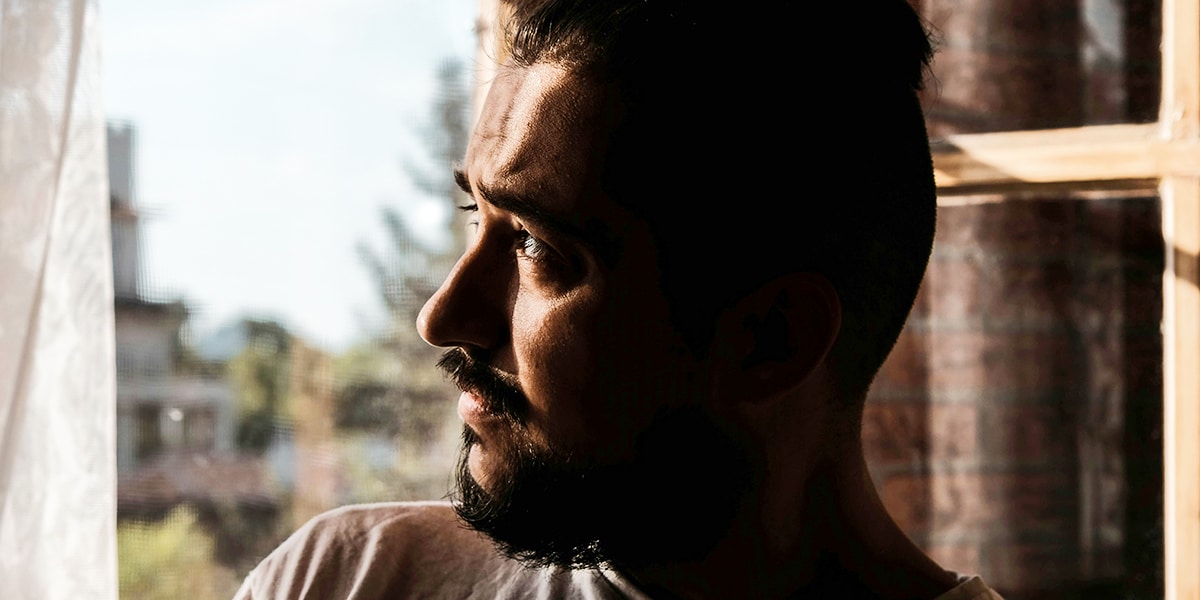(OSV News) — A federal judge struck down as unconstitutional an Arkansas ban on some surgeries or hormonal interventions for minors seeking gender reassignment June 20, the first ruling to overturn such a law as a growing number of states with Republican-led governments pass similar restrictions.
U.S. District Judge Jay Moody issued a permanent injunction against the law, after having temporarily blocked its enactment since 2021. At that time, Arkansas became the first state to prohibit doctors from providing transgender surgeries or hormonal treatments to minors after the Legislature overrode then-Gov. Asa Hutchinson’s veto. Hutchinson is currently seeking the Republican nomination for president in 2024.
In a statement posted on Twitter, Gov. Sarah Huckabee Sanders, R-Ark., wrote, “This is not ‘care’ — it’s activists pushing a political agenda at the expense of our kids and subjecting them to permanent and harmful procedures.”
“Only in the far-Left’s woke vision of America is it not appropriate to protect children,” Sanders, who was previously White House press secretary during the Trump administration, continued. “We will fight this and the Attorney General plans to appeal Judge Moody’s decision to the Eighth Circuit.”
In recent months, several states have moved to adopt similar restrictions as some approaches to gender dysphoria, particularly in minors, become an increasingly controversial issue. Supporters of prohibitions on surgical or hormonal treatments for minors who identify as transgender say such efforts will prevent them from making irreversible decisions as children they may later come to regret as adults. Critics of such measures argue that preventing those interventions could cause other harm to minors, such as mental health issues or an increased risk of self-harm.
Holly Dickson, executive director of the ACLU of Arkansas, said in a statement the group is “relieved and grateful that the court has ruled in favor of these brave Arkansans and their rights, protecting life-saving care that should be available to all trans youth.”
“This decision sends a clear message,” Dickson said. “Fear-mongering and misinformation about this health care do not hold up to scrutiny; it hurts trans youth and must end. Science, medicine, and law are clear: gender-affirming care is necessary to ensure these young Arkansans can thrive and be healthy.”
In guidance on health care policy and practices released March 20, the U.S. Conference of Catholic Bishops’ Committee on Doctrine said it opposed surgical or hormonal interventions that “aim to exchange the sex characteristics of a patient’s body for those of the opposite sex or for simulations thereof.”
“Any technological intervention that does not accord with the fundamental order of the human person as a unity of body and soul, including the sexual difference inscribed in the body, ultimately does not help but, rather, harms the human person,” the document states.
The USCCB voted overwhelmingly June 16 at its assembly in Orlando, Florida, to begin a process that could incorporate the guidance into a revision of its “Ethical and Religious Directives for Catholic Health Care Services.”
By Kate Scanlon | OSV News







News & Commentary
Federal judge nixes Arkansas ban on gender reassignment procedures for minors
(OSV News) — A federal judge struck down as unconstitutional an Arkansas ban on some surgeries or hormonal interventions for minors seeking gender reassignment June 20, the first ruling to overturn such a law as a growing number of states with Republican-led governments pass similar restrictions.
U.S. District Judge Jay Moody issued a permanent injunction against the law, after having temporarily blocked its enactment since 2021. At that time, Arkansas became the first state to prohibit doctors from providing transgender surgeries or hormonal treatments to minors after the Legislature overrode then-Gov. Asa Hutchinson’s veto. Hutchinson is currently seeking the Republican nomination for president in 2024.
In a statement posted on Twitter, Gov. Sarah Huckabee Sanders, R-Ark., wrote, “This is not ‘care’ — it’s activists pushing a political agenda at the expense of our kids and subjecting them to permanent and harmful procedures.”
“Only in the far-Left’s woke vision of America is it not appropriate to protect children,” Sanders, who was previously White House press secretary during the Trump administration, continued. “We will fight this and the Attorney General plans to appeal Judge Moody’s decision to the Eighth Circuit.”
In recent months, several states have moved to adopt similar restrictions as some approaches to gender dysphoria, particularly in minors, become an increasingly controversial issue. Supporters of prohibitions on surgical or hormonal treatments for minors who identify as transgender say such efforts will prevent them from making irreversible decisions as children they may later come to regret as adults. Critics of such measures argue that preventing those interventions could cause other harm to minors, such as mental health issues or an increased risk of self-harm.
Holly Dickson, executive director of the ACLU of Arkansas, said in a statement the group is “relieved and grateful that the court has ruled in favor of these brave Arkansans and their rights, protecting life-saving care that should be available to all trans youth.”
“This decision sends a clear message,” Dickson said. “Fear-mongering and misinformation about this health care do not hold up to scrutiny; it hurts trans youth and must end. Science, medicine, and law are clear: gender-affirming care is necessary to ensure these young Arkansans can thrive and be healthy.”
In guidance on health care policy and practices released March 20, the U.S. Conference of Catholic Bishops’ Committee on Doctrine said it opposed surgical or hormonal interventions that “aim to exchange the sex characteristics of a patient’s body for those of the opposite sex or for simulations thereof.”
“Any technological intervention that does not accord with the fundamental order of the human person as a unity of body and soul, including the sexual difference inscribed in the body, ultimately does not help but, rather, harms the human person,” the document states.
The USCCB voted overwhelmingly June 16 at its assembly in Orlando, Florida, to begin a process that could incorporate the guidance into a revision of its “Ethical and Religious Directives for Catholic Health Care Services.”
By Kate Scanlon | OSV News